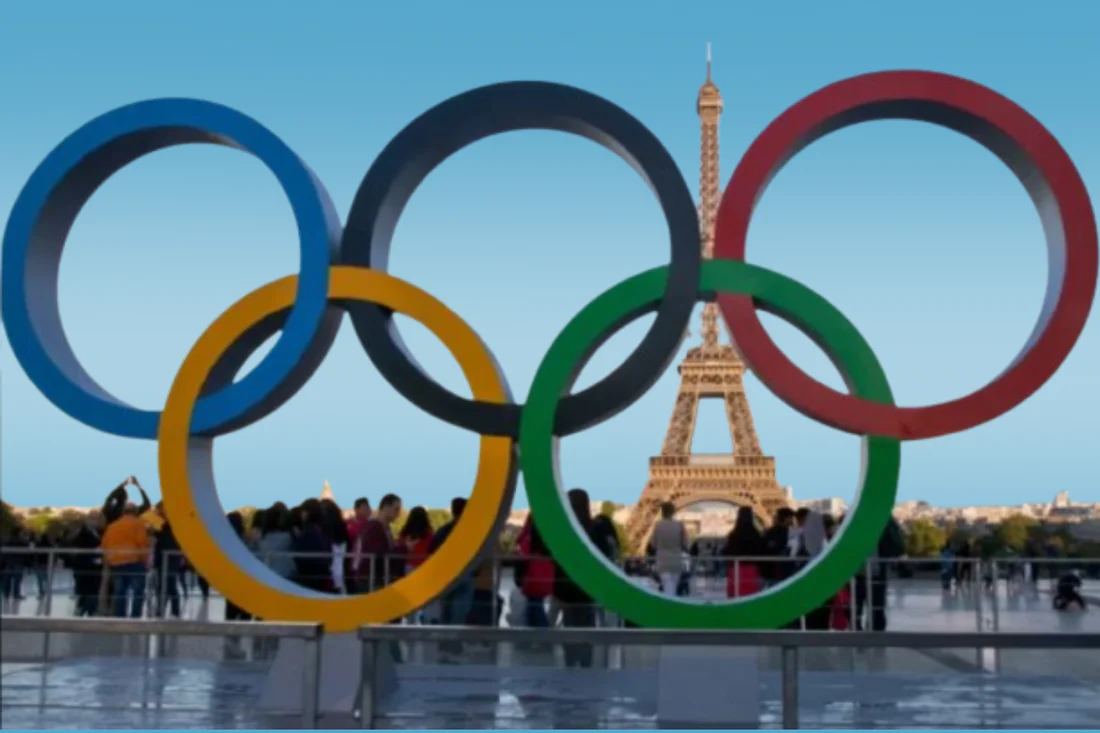
What is the Olympic Motto?
By Jayson Panganiban July 25, 2024 09:26
The Olympic motto, "Citius, Altius Fortius Communiter," has been a part of the dating Olympic history from its roots in modern times.
The Latin phrase Citius, Altus, Fortius (Faster Higher Stronger) first appeared in 1894 when Pierre de Coubertin, the Father of the Modern Olympic movement and founder of the International Olympic Committee, proposed this motto.
The IOC officially adopted the motto in 1896 as part of its reopening manifesto and realities for those participating in said games. It was intended to be a call for athletes to compete at the highest level and do their best, respecting one another with honor against themselves and what we have come to know as sportsmanship or fair play, which became synonymous with purity sports values.
Explanation and Importance of the Olympic Motto
The essence of the Olympic motto—Citius, Altius Fortius (Faster, Higher, Stronger)—reminds us that there should be an unending and healthy competition among athletes and individuals to push themselves beyond their natural limits. The IOC contends that those three words represent the fundamental qualities an individual needs to be great in sports and life.
- Citius: This portion of the motto is designed to foster speed, agility, and a demand for progression. It motivates athletes to continually look for ways to break world records, go faster and further than any human has gone before, and, most importantly, beat their opponents.
- Altius (Higher): Is the human condition, known as wanting to press on for greater, overcome obstacles, and push past perceived limits. This element of the motto urges athletes to seek the impossible.
- Fortius (Stronger): The last part of the motto emphasizes resilience and grit. It means forcing and willing the most transformative part of an athlete to emerge from deep within them until they overcome whatever obstacles stand in their way of success.
History of the Olympic Motto
In 2021, the IOC colorized the Olympic motto for the fifth time by adding a new Latin word—"Communiter" (Together)—to reflect our host broadcaster's time zone obligations. This subbed "Faster, Higher, Stronger Together" instead of the new motto: Citius Altius Fortius Communiter.
This was done to recognize sport's power, its unifying strength, and Solidarity's role in the Olympic movement. Thomas Bach, President of the IOC, said, "Solidarity is at the heart of our mission to make the world a better place through sport."
The inclusion of "Communiter" in the Olympic motto is also consistent with an increasing emphasis on unity, cooperation, and collective progress, which now enjoy a more prominent place than ever as central to the true faith tenets guiding IOC's dreams for the Olympics. This reflects the understanding that true greatness results from combining a unified individual and collective effort.
Controversies and Debates About the Olympic Motto
Although the Olympic motto is praised and heralded, controversy has marked its long life. The motto has been criticized for focusing too much on individual accomplishment and competition to the detriment of other values such as teamwork, inclusiveness, and so forth, even though these ancillary components are also integral parts of the Olympic movement.
The motto has also been criticized for not keeping up with the times; as a product of over 100 years ago, it may be too limited in its expression and processing related strictly to physical effort. They say the slogan actually relates to more human activities, from thinking or artistic movements to the function of a person, etc.
Nevertheless, the Olympic motto remains a forceful and enduring emblem of this quadrennial spectacle that has captivated people for over a century. As the IOC seeks to modernize and reshape its motto for the evolving requirements of this century, remembering what has made it such an iconic statement over live games throughout will be essential.


































































